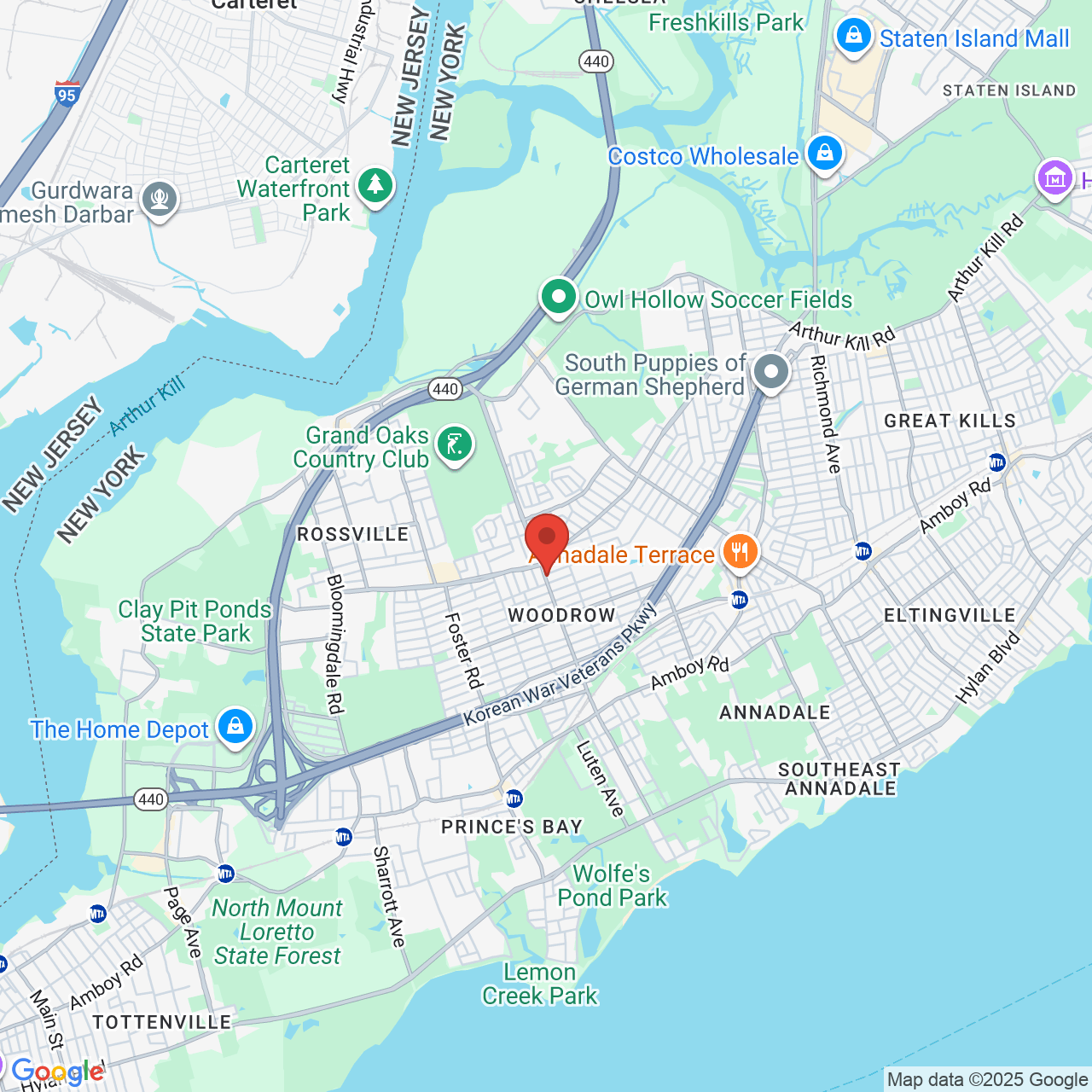Six Common TMJ Symptoms
 The TMJs (temporomandibular joints) serve as hinges that connect your lower jaw to your maxilla. They help facilitate smooth chewing and speaking function. If these joints become damaged in any way, it can lead to serious discomfort and a range of other symptoms.
The TMJs (temporomandibular joints) serve as hinges that connect your lower jaw to your maxilla. They help facilitate smooth chewing and speaking function. If these joints become damaged in any way, it can lead to serious discomfort and a range of other symptoms.
Knowing what to look for can be helpful in identifying TMJ dysfunction. In this blog post, dentists Alex Hecht and Jason Hecht discuss six common TMJ symptoms in detail so our Staten Island, NY, patients can be well-informed about this serious condition.
#1: Jaw Pain
If the jaw joints are damaged or if the articular disk that cushions the joints has eroded, it can lead to significant jaw pain. If your bite is unbalanced, then your jaw muscles may try to overcompensate. This can lead to overexertion and chronic jaw discomfort.
#2: Clicking or Popping
If your jaw “pops” or “clicks” when opening or closing your mouth, it could indicate TMJ dysfunction. This can occur when the disk becomes dislocated or displaced.
#3: “Locking” of the Jaw Joints
Patients with TMJ dysfunction often experience painful locking of the jaw when trying to open or close their mouth. This may be due to chronic teeth grinding or clenching, a condition known as bruxism. When the jaw “locks”, it can be acute or chronic. In some instances, the problem can persist until the jaw is realigned.
#4: Swelling or Inflammation
Though swelling is less common than other side effects, it can occur. Inflammation can develop on one or both sides of the face. This is usually caused by irritation or damage to the joint capsule. If this occurs, symptoms can be temporarily alleviated by over-the-counter NSAIDS, such as ibuprofen or naproxen. Application of cold and heat is also beneficial.
#5: Earaches
When the TMJ is inflamed and irritated, symptoms can travel to nearby structures. Since the ear is less than half an inch away from the jaw joint, it can easily spread to this area and cause pain and tenderness.
#6: Headaches
When the jaw muscles tense up, pain and discomfort can travel up the jaw and along the side of the face. Sometimes the pain can even travel to the top of the head, leading to headaches.
Managing TMJ Symptoms
If you are experiencing TMJ pain or discomfort, there are a few things you can do to alleviate symptoms until you can make it to our Staten Island practice. Here are a few recommendations:
-
Ask your dentist about TMJ exercises. These can help loosen the muscles and reduce tension in these areas.
- Consider a custom oral appliance. Often, TMJ dysfunction can be treated by wearing a nightguard. This device cushions the teeth and keeps the jaw in a more favorable position.
- Apply a cold compress. Leave in place for 15 minutes, then remove for 45 minutes. Repeat as often as necessary.
- Use heat. In addition to applying cold compresses, you can also apply warm towels to the area. This soothes and relaxes the jaw muscles, providing relief from painful symptoms.
Contact Us for More Information
TMJ dysfunction can have a tremendous negative impact on your quality of life. If you have pain, tenderness, swelling, or any of the other TMJ symptoms mentioned above, schedule a consultation at our Staten Island practice today. Contact us online or give us a call at (718) 705-4434.



